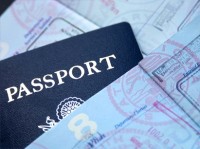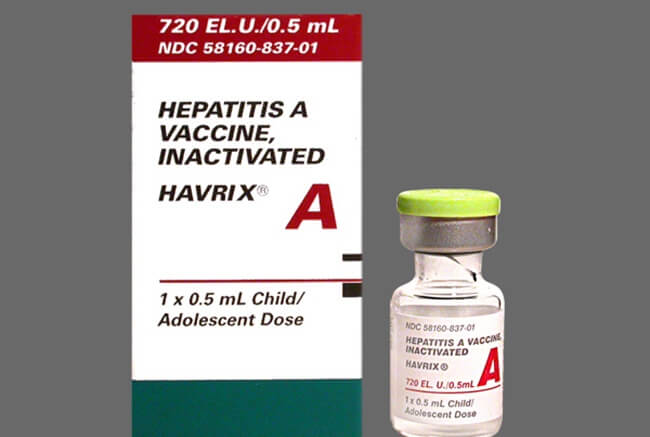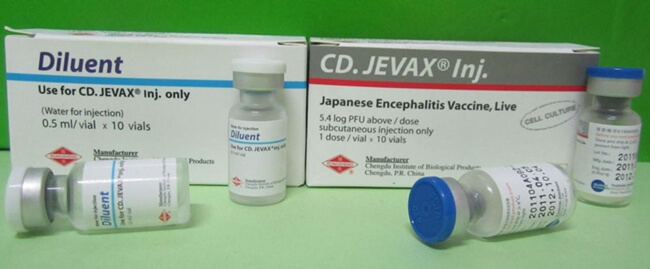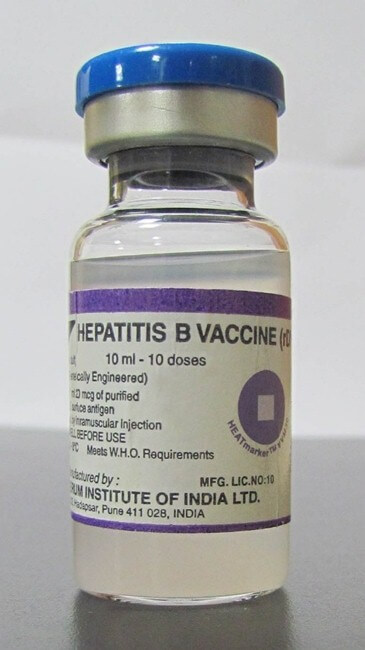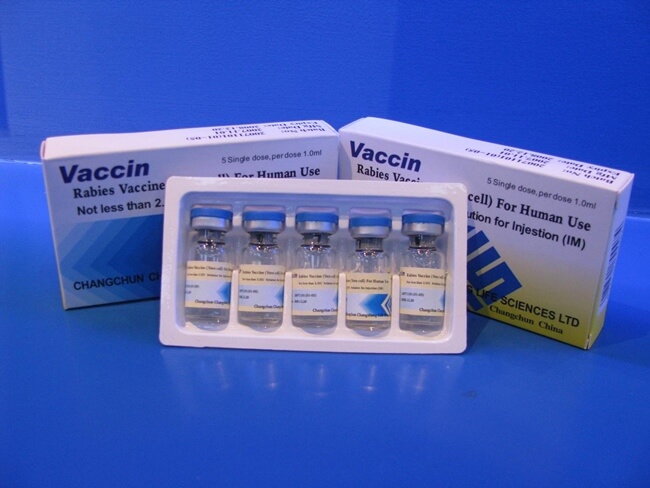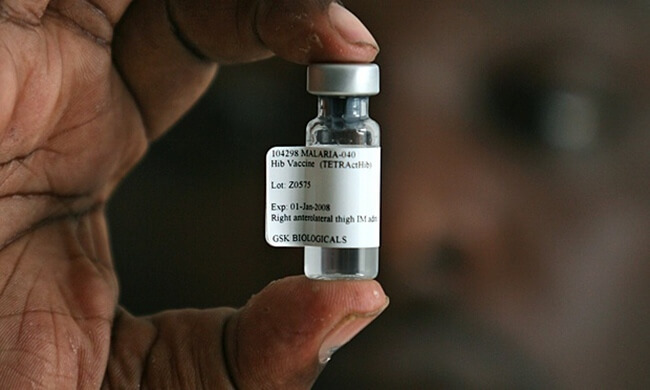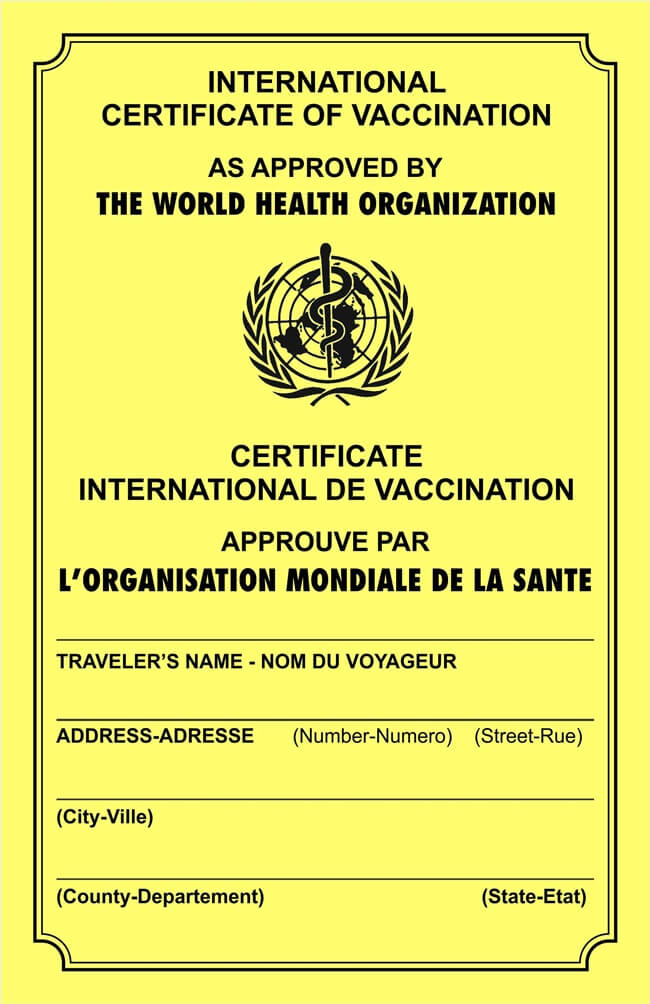Recommended Medicines & Vaccines for Vietnam
• Routine vaccines: You should update routine vaccines before every trip including measles-mumps-rubella (MMR) vaccine, diphtheria-tetanus-pertussis vaccine, varicella (chickenpox) vaccine, polio vaccine, and flu. These routine vaccines are for all travelers.
• Hepatitis A: Delicious food in Vietnam is very popular and diversified; however, you should be aware of contaminated food and water. Therefore, hepatitis A is considered by Centers for Disease Control and Prevention (CDC).
• Typhoid: This vaccine is used for travelers who stay with friends or relatives or visit smaller cities or countryside because you can be contaminated by food or water in Vietnam.
• Japanese Encephalitis: For the long – term travelers with more than a month or visit to the rural areas in Vietnam, you should consider this vaccine.
• Hepatitis B: CDC recommends this vaccine for having sex if you have a new partner, a tattoo… because you can be infected through sexual intercourse, contaminated needles, and blood products…
• Rabies: During your journey, you may be bitten by animals including street dogs, cats… though out the cities or rural areas, and outdoor activities such as camping, hiking… CDC recommends this vaccine for long – terms travelers and children.
• Malaria: Medications are available including:
+ Chloroquine &Paludrine: Generally not recommended.
+ Doxycycline: It must be taken for 4 four weeks after leaving the risk region. It also has some side effects such as indigestion, thrush in women…
+ Lariam (mefloquine): 90% effective in Vietnam, however, it has side effects such as depression, anxiety, psychosis and seizures.
• Yellow Fever: Vietnam has no risk of Yellow Fever (only in Africa and South America region). However, Yellow Fever Certification Requirement is required for some travelers if you want to enter Vietnam. Particularly, if you have been to an area, which is affected by Yellow Fever or traveled via an airport of this region, you will have to represent an International Certificate of Vaccination (ICVP), according to International Health Regulations (2005).
Advices Relating to Vaccinations for Vietnam
• Many experts in health services also advise travelers to vaccinate against popular diseases such as diphtheria, hepatitis A and B, Japanese encephalitis, polio, and TABT (tetanus, paratyphoid A and B, and typhoid) for short – term and long – term travel in Vietnam or for those trekking in the countryside of Vietnam.
• You should vaccinate in the period from four to six weeks before leaving home for traveling.
• Also, Japanese encephalitis may threaten to your itineraries. Thus you should prepare the prevention method by vaccination, which is also required by International SOS in Hanoi for travelers before embarking to Vietnam.
• Besides, malaria disease is the common one in several areas, especially in rural area. Therefore, malaria prophylaxis is necessary at all times to ensure a safe holiday. However, there is a low risk or no risk of malaria in Vietnam.
• Malaria is the disease caused by mosquitoes biting, especially in the tropical area including Vietnam with symptoms such as high fever and severe joint and muscle pains. It can be fatal in the serious cases.
• Several areas you should concern such as:
► In the southern Vietnam or several rural regions, malaria is considered a risk such as Dac Lac, Gia Lai, Kon Tum, Lam Dong, TayNinh.
► Low risk of malaria in the Mekong River Delta.
► No risk of malaria in the areas of Ho Chi Minh and Hanoi City, the Red River Delta area and the coastal regions north of NhaTrang.
• Malaria prevention: Take advice regarding to malaria medication if you travel to areas with a risk of malaria. The medication depends on your destination, health condition, and itinerary. Bring insect repellent such as DEET 50% and wear long-sleeved cloth and trousers for certain cases.









































